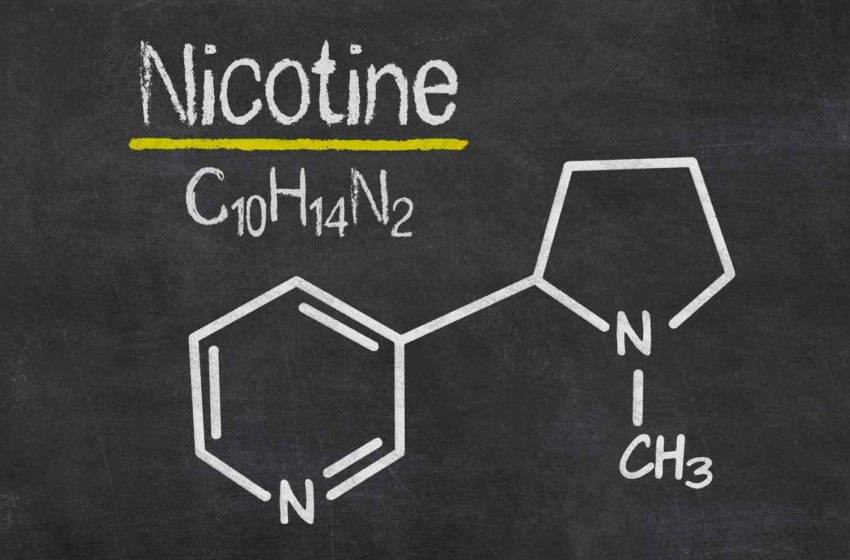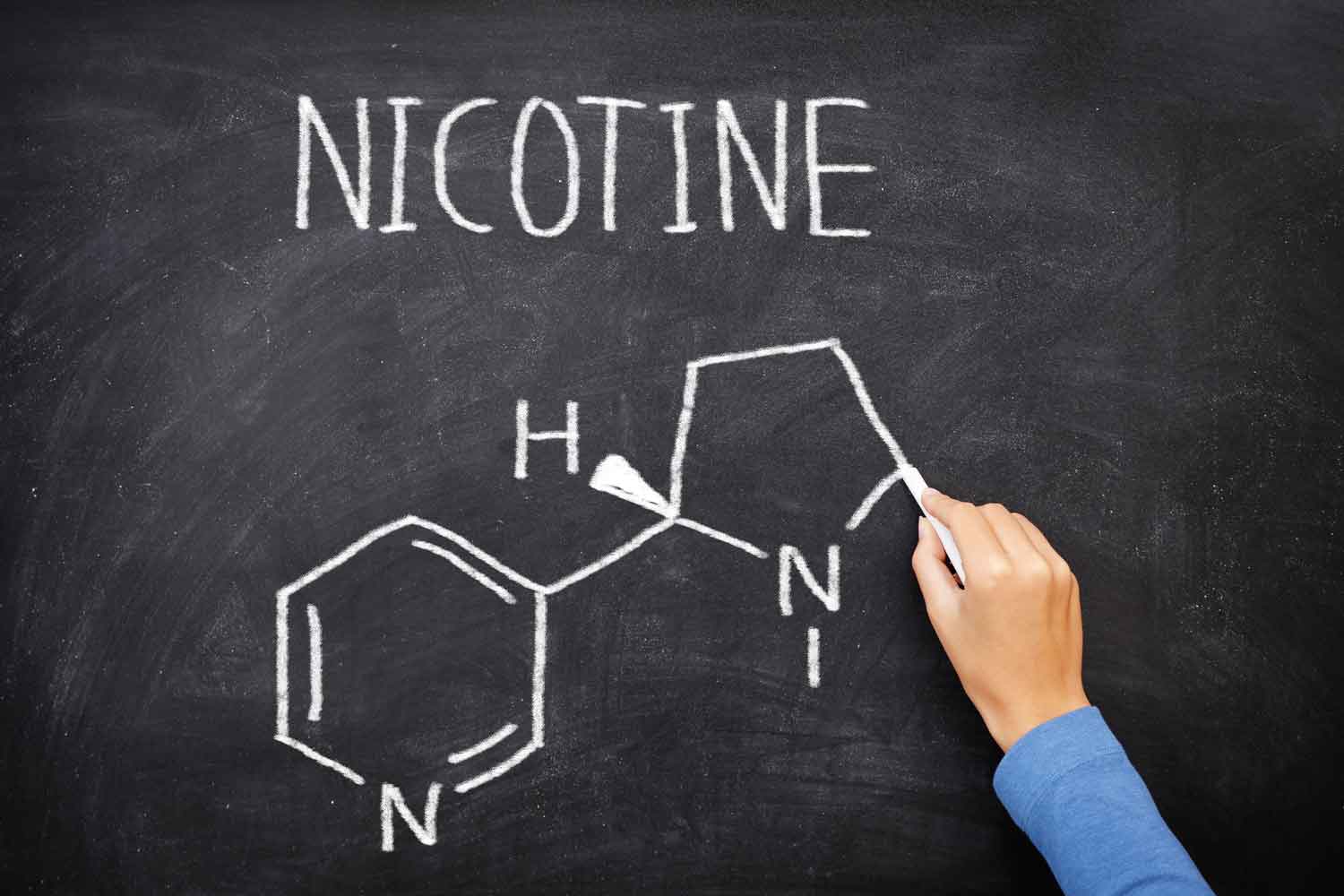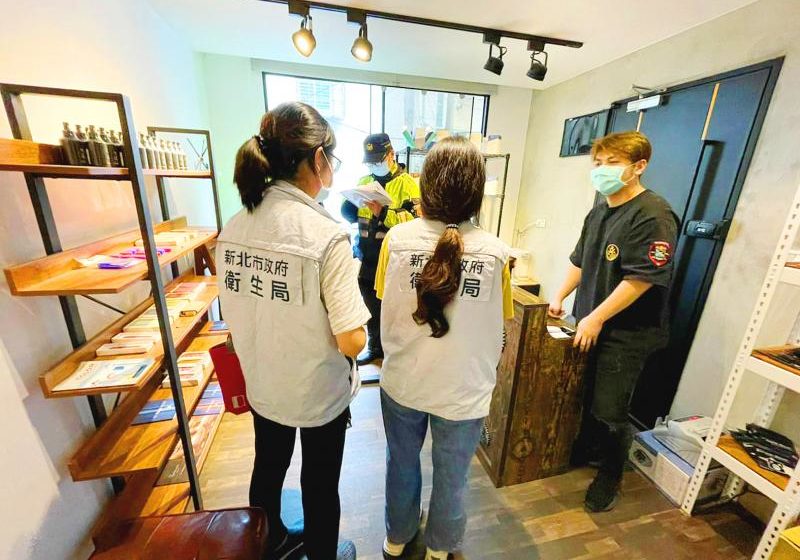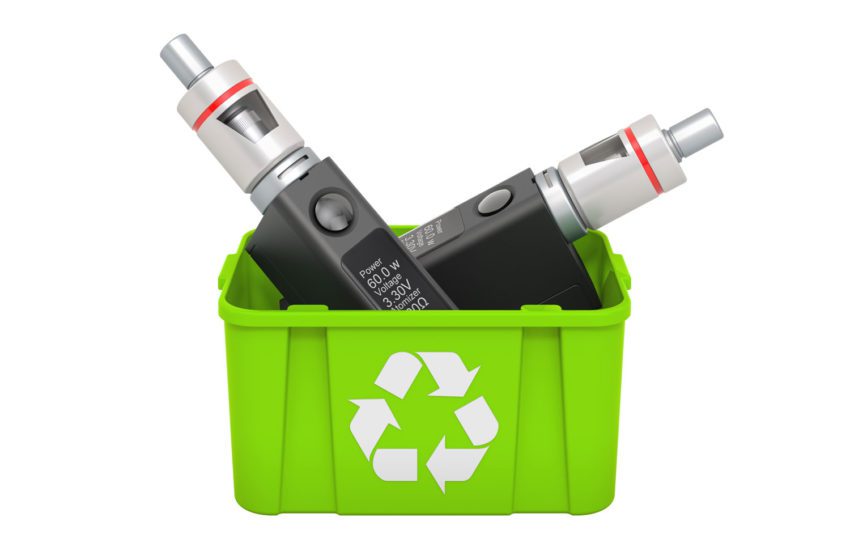The U.S. Food and Drug Administration stated on Friday, Sept. 3 that it had issued another round of marketing denial orders to 31 companies encompassing an estimated 300,000 products. “After issuing marketing denial orders (MDOs) to three companies for their flavored [electronic nicotine-delivery systems] ENDS products last week, @FDATobacco issued MDOs to an additional 31 companies for approximately 300,000 flavored ENDS products from Aug 27 through Sept. 2,” the agency tweeted.

Several of the MDOs were issued to companies that are not confirmed to be currently marketing their products. The regulatory agency did not release the names of the companies.
According to it’s website, the FDA does plan to release the names of the companies that received MDO. Previously, the agency only gave the names of the three manufacturers who it sent the first series of MDOs for a vapor products. “FDA understands that the public may be interested in the specific names of the currently marketed products subject to the negative decisions,” the FDA website states. “However, before releasing this information, FDA needs to ensure the Agency is not releasing the applicant’s commercial confidential information. Given the large number of products involved, sharing this information requires additional time and resources. Accordingly, FDA is actively exploring options related to this issue.”
In a release, the FDA stated that companies receiving these MDOs may have submitted premarket applications for other products “(such as ENDS devices, tobacco-flavored ENDS, or menthol-flavored ENDS),” and those products, if still pending, remain under review at FDA.
“FDA continues to make substantial progress reviewing the unprecedented number of applications received by the Sept. 9, 2020, court-ordered deadline for submission of premarket applications for deemed new tobacco products,” the release states. “The aggregate information on these actions will be provided within our regular updates on the Tobacco Product Applications: Metrics and Reporting page.”
As of Sept. 3, the FDA website lists 27 companies that have been issued MDOs:
- Great American Vapes
- JD Nova Group LLC
- Vapor Salon
- Big Time Vapes
- J-Vapor LLC dba North Shore Vapor
- SS Vape Brands Inc. Dba Monster Vape Labs
- Custom Vapors
- The Vaping Tiger
- Gothic Vapor
- TrendSetters E-liquid LLC
- SWT Global Supply
- Diamond Vapor
- American Vapor Group
- MV Enterprises
- Planet of the Vapes
- CITTG dba Orgnx E Liquids
- Vapors of Ohio Inc. dba Nostalgic Vapes
- Buckshot Vapors Inc.
- Royalty Premium E Juice
- Imperial Vapors
- Midwest Vape Supply
- Dominant Vapor
- Mountain Vaporz
- Sir Vapes -A-Lot
- Loveli Design LLC dba
- Alice in Vapeland
- Nicquid
The first MDOs were announced on Aug. 26. The products from JD Nova Group, Great American Vapes and Vapor Salon didn’t provide adequate information to show their products offered enough benefit to adult smokers sufficient to overcome the public health threat posed by the “well-documented, alarming levels” of youth use of such products.
The FDA has received applications from over 500 companies covering more than 6.5 million tobacco products. The agency refused to file more than 4.5 million applications from the JD Nova Group. The FDA has until Sept. 9, 2020 to make a decision on the remaining estimated 2 million remaining PMTAs.



















